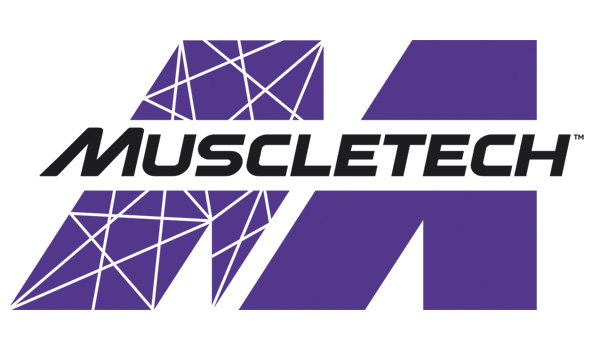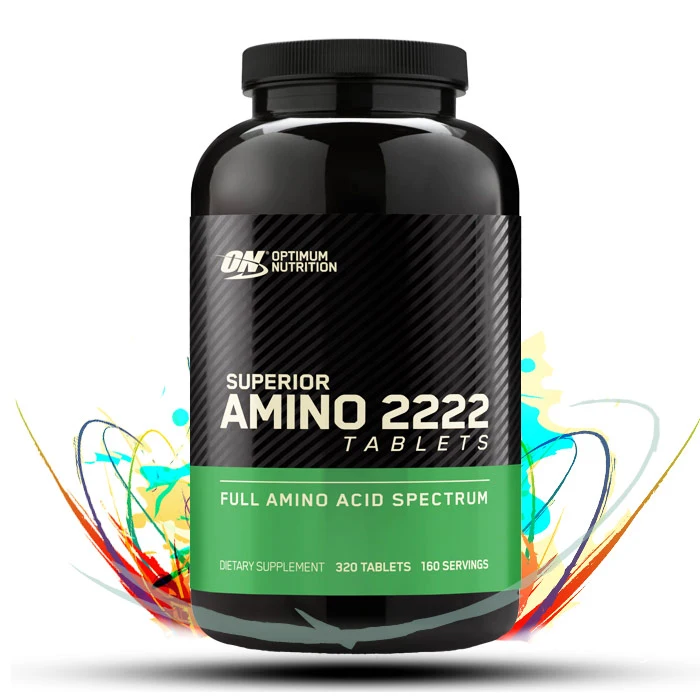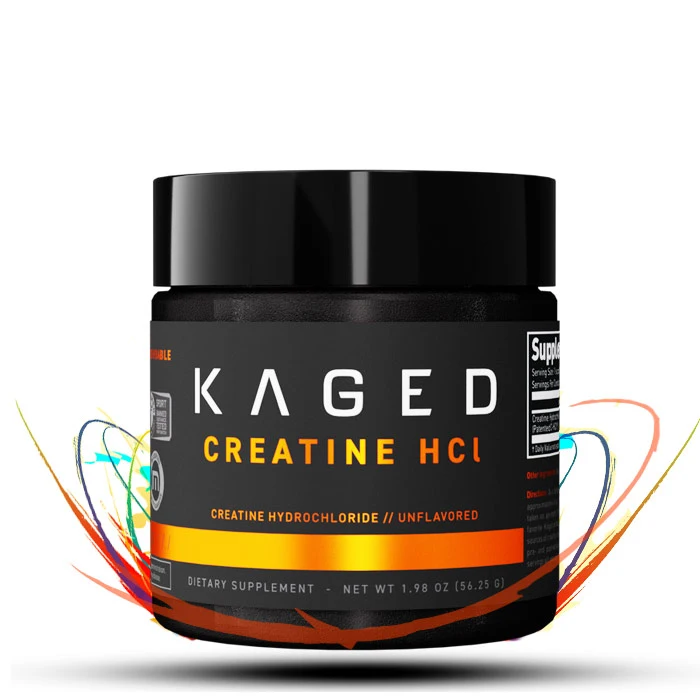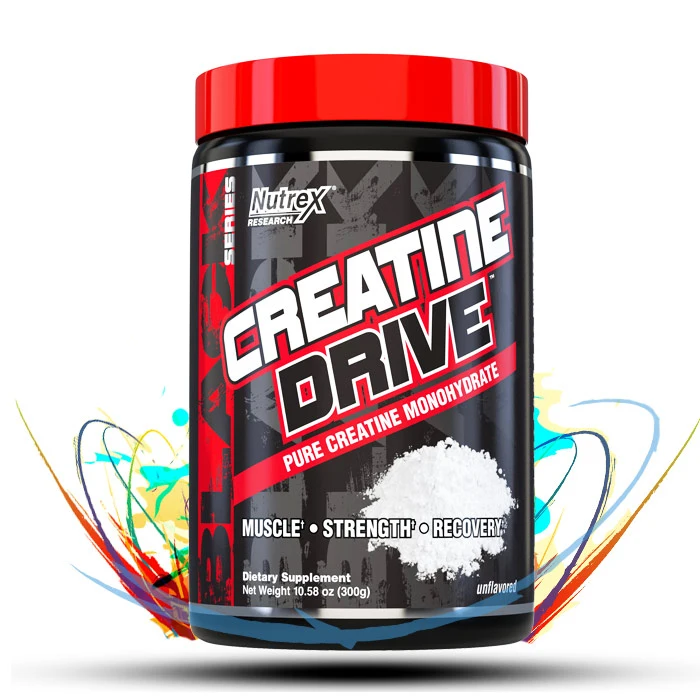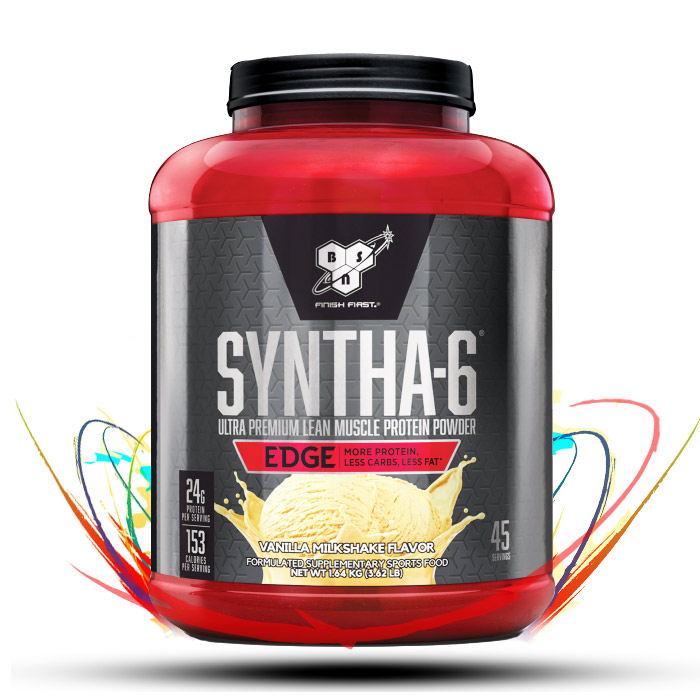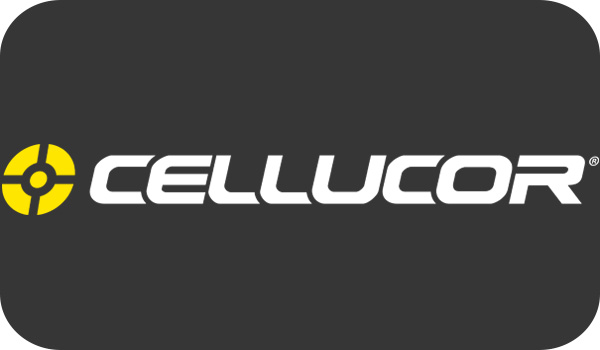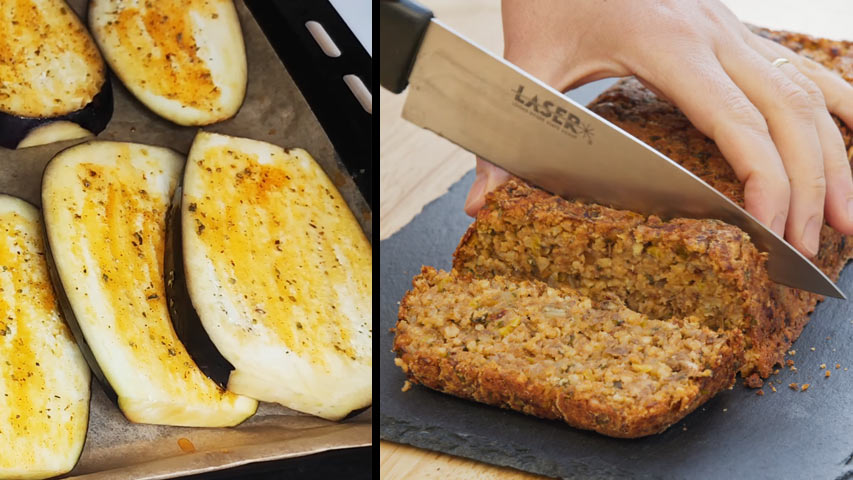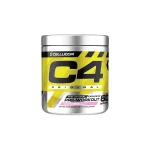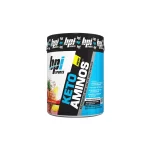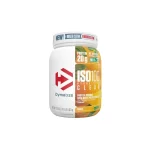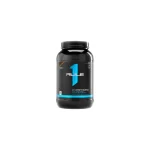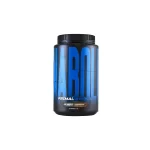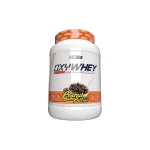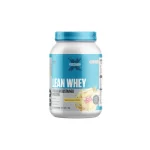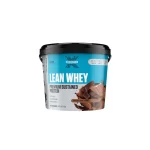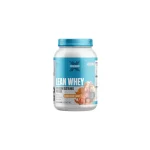10 Best Meat Alternatives for Protein and Body building
In today’s busy world, many people are looking for ways to live a healthier lifestyle while being environmentally sustainable.
Plant-based diets have attracted much attention for their numerous health and environmental benefits. But for bodybuilders looking to build muscle and stay fit, a basic question arises: Can you build muscle without meat?
The definitive answer to this question is yes! In this article, we explore the wonderful world of good meat alternatives for bodybuilding and show you how you can reach your fitness goals by consuming these nutrients.
Common concerns about meat-free diets for bodybuilding
Protein deficiency:
It’s a misconception that plant-based diets don’t provide enough protein to build muscle. Several plant sources such as legumes, soybeans, nuts and seeds are rich in protein and can easily meet the needs of bodybuilders.
Lack of fitness:
Some people believe that building muscle without meat is impossible. However, many famous bodybuilders such as Patrick Babumian and Turia Hart have achieved significant success with plant-based diets.
Nutrient deficiencies:
Plant-based diets can potentially be deficient in vitamin B12, iron, and zinc. However, with careful planning and taking the right supplements, these deficiencies can be easily compensated. In the Kingsupp store, you can find the right supplements to fully compensate for the deficiencies caused by not consuming meat.
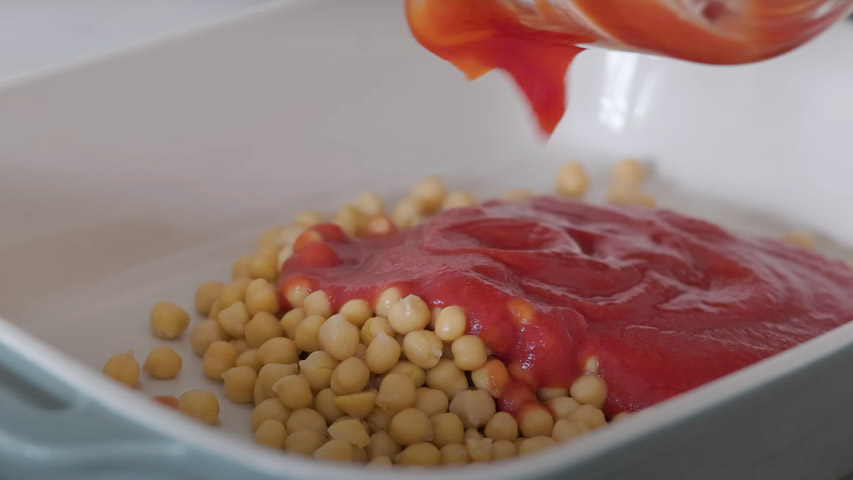
Plant proteins have many health benefits. These proteins:
Low fat and no cholesterol:
Compared to animal protein sources, plant proteins are lower in fat and cholesterol and help keep your heart and blood vessels healthy.
Rich in fiber:
Many plant-based protein sources, such as legumes and vegetables, are rich in fiber, which helps with better digestion, longer satiety, and blood sugar regulation.
Rich in vitamins and minerals:
Plant proteins are a rich source of essential vitamins and minerals such as iron, calcium, magnesium and potassium, which are necessary for the proper functioning of the body.
The best plant protein sources for muscle building:
beans:
Lentils, beans, peas and mung beans are excellent sources of protein. Lentils, for example, provide 18 grams of protein per ½ cup serving.
Soybeans:
Tempeh, tofu, edamame and soy milk are all soy products that are rich in protein. ½ cup of cooked tofu has about 10 grams of protein.
Nuts and seeds:
Almonds, walnuts, sunflower seeds and flax seeds are rich in protein, fiber and healthy fats. ¼ cup of almonds has about 8 grams of protein.
Whole grains:
Oats, quinoa, brown rice, and whole-wheat breads are sources of complex carbohydrates and protein. 1 cup of cooked oats has about 5 grams of protein.
the vegetables:
Some vegetables, such as broccoli, spinach, and asparagus, also provide significant amounts of protein. 1 cup of cooked broccoli has about 3 grams of protein.
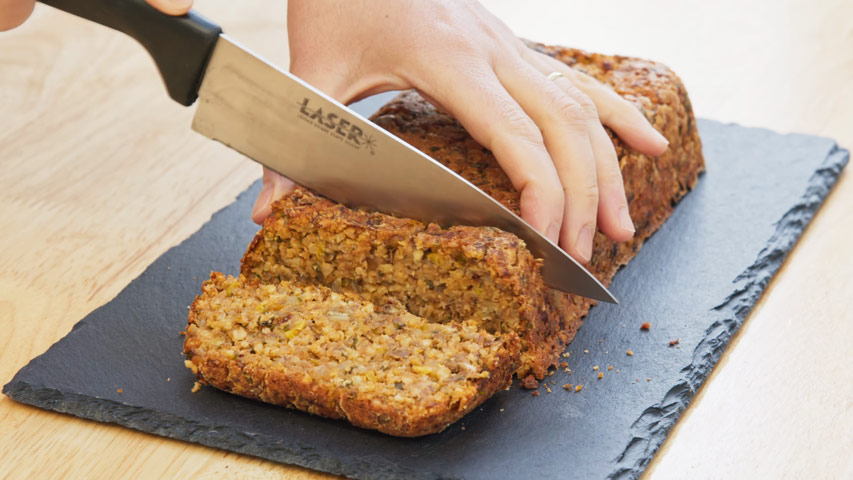
Key tips for building muscle with plant proteins:
Variety:
Include a wide range of plant protein sources in your diet to get all the essential amino acids.
Composition:
Combine plant proteins with whole grains to create a complete protein meal.
Eat enough:
To build muscle, you need to consume more calories than you burn. Make sure you are getting enough calories and protein in your diet.
Practice:
Do regular strength exercises to stimulate your muscles to grow.
patience:
Building muscle takes time. Be patient and stick to your diet and exercise plan.
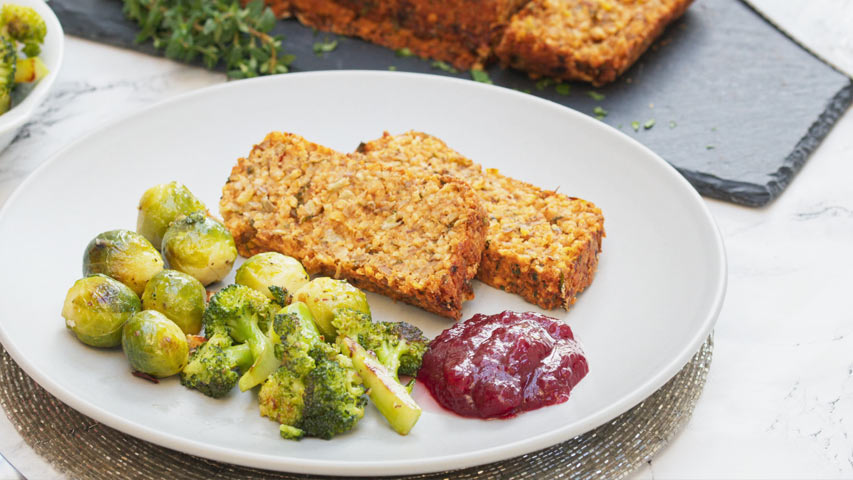
Nuts, little muscle-building powerhouses
Nuts, especially almonds, peanuts, and walnuts, are a rich source of plant-based protein. Every 30 grams of nuts gives you an average of 4 to 7 grams of protein. This high-quality protein provides the building blocks of muscles and helps to grow and repair muscle tissue after hard workouts.
Sustainable energy with healthy fats:
Nuts are rich in unsaturated fats, which are known as ideal fuel for muscles. These fats help you maintain stable energy levels during workouts and prevent premature fatigue.
Fiber, the constant companion of muscles:
You must know that fiber is essential for the health of the digestive system. But did you know that fiber can also help build muscle? The fiber in nuts helps maintain blood sugar balance and prevents sudden drops that can lead to fatigue and muscle weakness.
Vitamins and Minerals, Muscle Building All-In-Ones:
Nuts provide your body with a world of essential vitamins and minerals. The magnesium in them helps to reduce muscle cramps and improve nerve function. Vitamin E plays an important role in antioxidant and protection of muscle cells against damage caused by free radicals.
Nuts in the service of Muscle building:
Ideal snack:
A handful of nuts is a complete and nutritious snack for before and after workouts.
Delicious addition:
You can add nuts to your salad, yogurt, oatmeal or even smoothie and enjoy their taste and benefits.
Nut flour:
By grinding the nuts, you can use them as flour in the preparation of bread, cakes and sweets.
Always remember that nuts are high in calories. Therefore, consume them in moderation and consider them as part of a healthy and balanced diet. By regularly consuming nuts, invite your muscles to a feast of nutrients and witness their growth and strength!
Supplements cover a wide world, each designed with a specific purpose and function.
From protein powders that satiate your hungry muscles to creatine that boosts your explosive power, each plays a key role in this process.
Some of the most popular muscle building supplements include:
Protein powders:
The kings of this realm feed your muscles with essential amino acids and lay the foundation for recovery and muscle building. Whey protein, casein and soy are among the most common types of protein powders.
Creatine:
This supplement is known as explosive muscle fuel and helps you break your records in strength training.
Branched chain amino acids (BCAAs):
These close companions of the muscles speed up the recovery process during and after the exercises and prevent the destruction of the muscles.
Glutamine:
This amino acid plays a fundamental role in the body’s immune system, and especially for athletes, it is a key factor in recovery and maintaining muscle health.
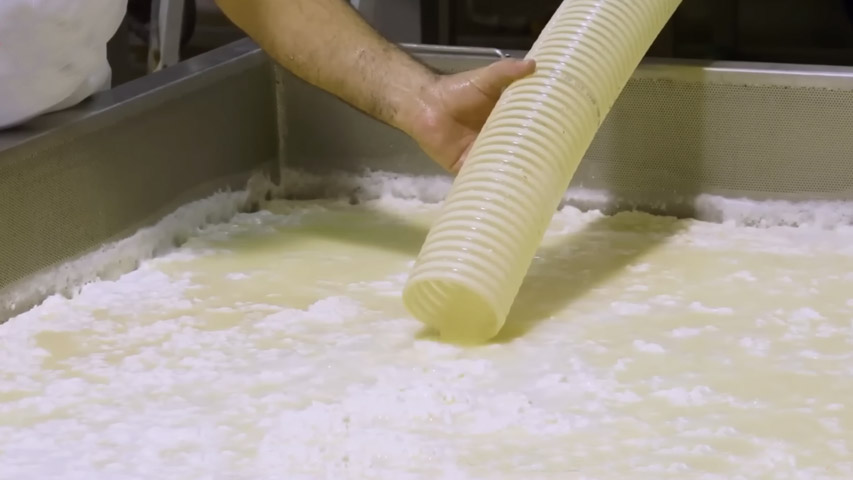
Supplements, friend or usurper for Muscle building without Meat ?
Despite the variety of supplements, a basic question is in the minds of athletes:
Is it necessary to take supplements for muscle building?
The answer to this question is definitely not “no”. In fact, you can’t achieve muscle building alone with the deficiencies in today’s diets. In the meantime, supplements can speed up the muscle building process as an efficient tool and help you reach your goals. In fact, the basis of real muscle building is based on basic nutrition and rich in nutrients, which nutritional supplements help to reduce these nutritional deficiencies.
How do I find the perfect supplement as a vegetarian?
In the colorful world of supplements, an informed and knowledge-based choice will guarantee your health and success. Here are some key tips for choosing the right supplement:
Know your needs and goals:
Before taking any supplement, determine your needs and goals correctly.
Choose high-quality products:
Look for reliable and well-known brands and avoid low-quality and cheap supplements.
Pay attention to the labels:
Carefully read the list of ingredients, dosage and health approvals.
Know the side effects:
Be aware of the possible side effects of any supplement and stop taking it if you notice any suspicious symptoms.
Vegetables, the hidden muscle builders of the vegetarian world
In the fitness world, protein is known as the king of muscle building. Chicken, meat, fish and eggs are all popular and well-known protein sources that are abundant in the diet of people interested in building muscle. But in the meantime, the unique role of vegetables in this field is often ignored. Vegetables are not only rich in vitamins, minerals, and fiber that are essential for overall health, but they can also play an important role in building muscle and increasing strength.
The best vegetables for muscle building:
Leafy vegetables:
Spinach, kale, collard greens, lettuce, and watercress are all leafy vegetables that contain significant amounts of iron, calcium, magnesium, and B vitamins in addition to protein.
Cruciferous vegetables:
Broccoli, cauliflower, Brussels sprouts, and kale are among the cruciferous vegetables that are rich in fiber, vitamin C, vitamin K, and antioxidants.
Root vegetables:
Sweet potatoes, beets, carrots, and turnips are root vegetables that, in addition to complex carbohydrates, contain significant amounts of vitamin A, vitamin C, and potassium.
beans:
Lentils, peas, beans and mung beans are among the legumes that are a rich source of protein, fiber and iron.
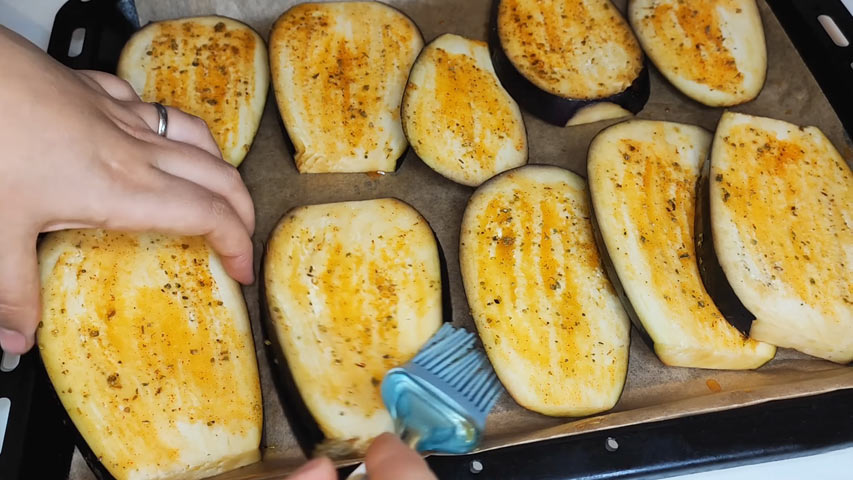
Tips for consuming vegetables for Muscle Building
Include variety in your diet:
Include a variety of vegetables in your meals to get a wide range of nutrients.
Cook vegetables in different ways:
Steaming, roasting, grilling, or baking vegetables are healthy ways to cook them that retain nutrients.
Use vegetables in smoothies and juices:
Adding vegetables to smoothies and juices is an easy and delicious way to get essential nutrients throughout the day.
Eat vegetables before and after exercise:
Consuming vegetables before training gives you energy and consuming them after training helps muscles recover.
By knowing the rich sources of dairy proteins, you can easily meet your daily requirement of this vital nutrient. Here are some of these sources:
Milk:
A glass of milk (240 ml) contains about 8 grams of high-quality protein. Low-fat and fat-free milk are also suitable options for people with special diets.
Greek yogurt:
This type of yogurt has a thick texture and a unique taste, and each 220-gram portion of it gives you about 20 grams of protein.
Cheese:
Cheese has a unique variety in taste and texture and is considered one of the rich sources of protein. Cheddar cheese, Parmesan cheese and cottage cheese are among the popular options.
Butter:
You may be surprised, but each tablespoon of butter has about 5 grams of protein. Of course, keep in mind that butter is also high in calories and should be consumed in moderation.
Conclusion
With so many good meat substitutes for bodybuilding on the market, there’s no reason to cut protein out of your diet when you’re working out.
With a little creativity and planning, you can prepare delicious and nutritious meals that will help you reach your fitness and overall health goals. Remember, it’s important to listen to your body and consult with a nutritionist to make sure you’re getting all the nutrients you need.









